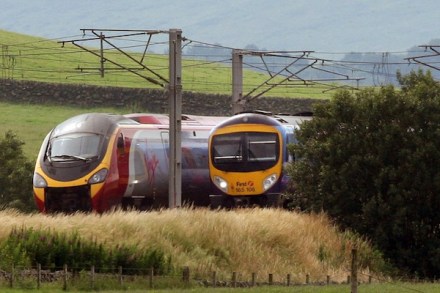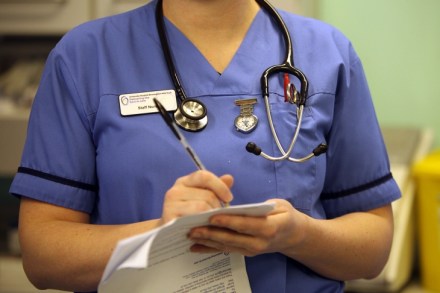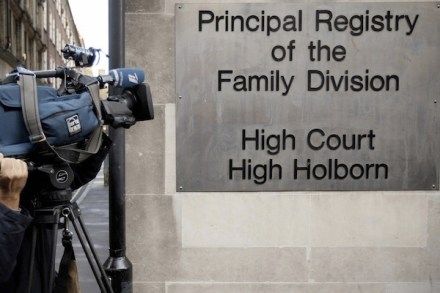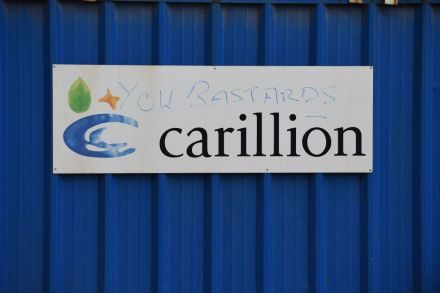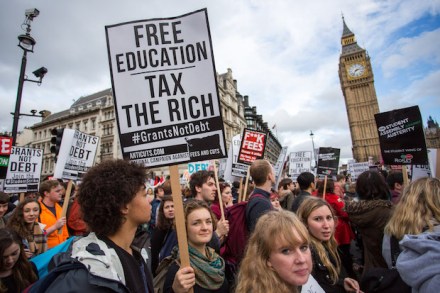Why can’t anyone fix the problems with the East Coast mainline?
Regular passengers on the East Coast mainline are inured to change — and baffled as to why this transport artery cannot be run at a steady but modest profit by a private-sector operator. We recall with sadness the demise of GNER, the first post-privatisation franchisee from 1996 to 2007: part of the Sea Containers group that also owned the Venice-Simplon Orient Express, its service standards won passenger loyalty but it overbid for franchise renewal in 2005 and ran into losses; its parent went bust the following year. Then we had to put up with back-to-basics National Express East Coast, which lasted barely two years before defaulting, followed by five years
